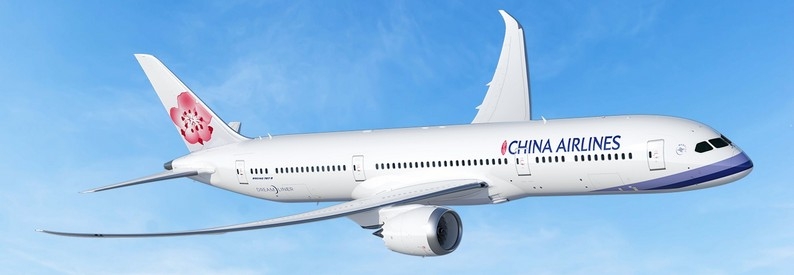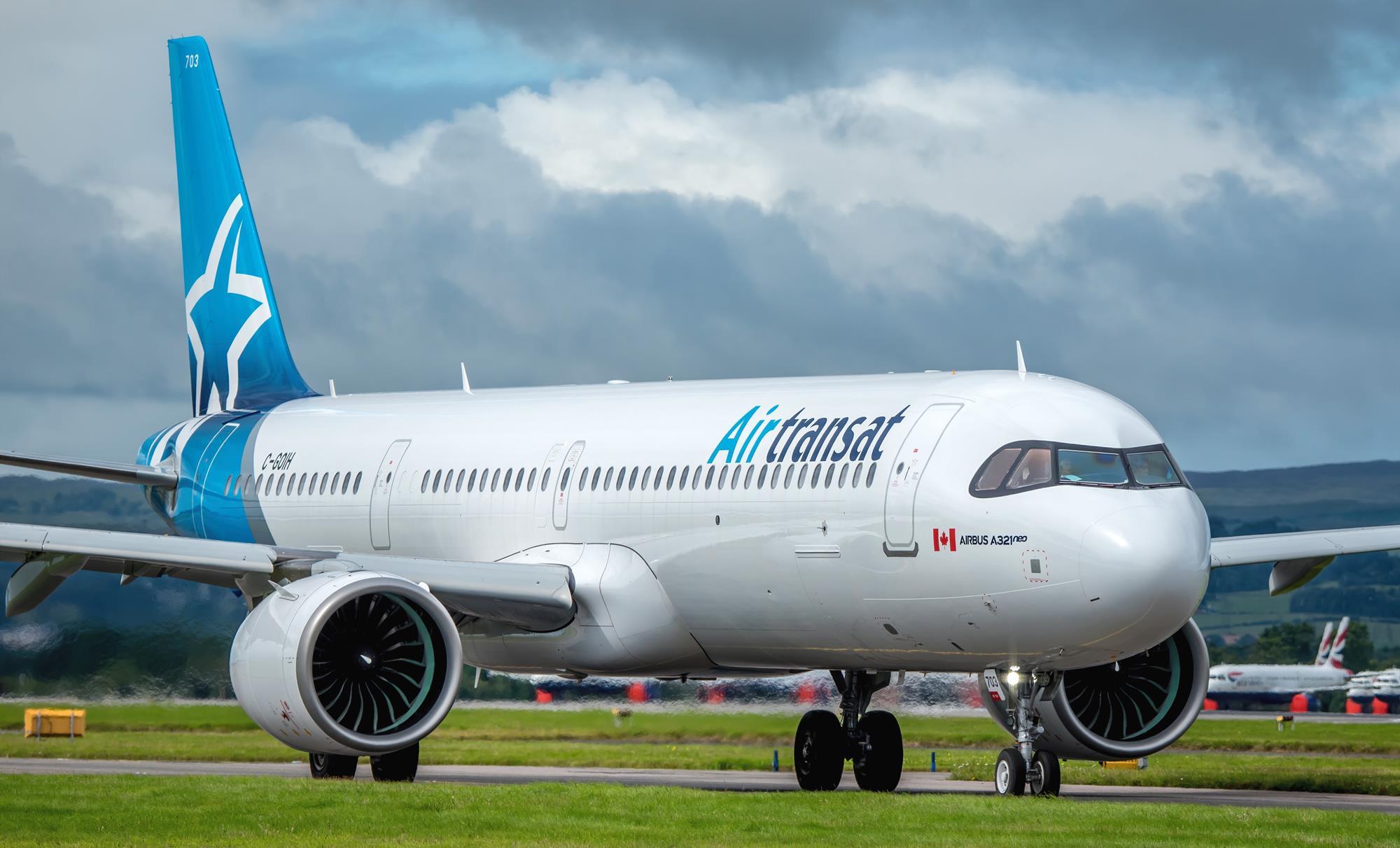
China Airlines’ Strategic Investment in Fleet Modernization
China Airlines, the national carrier of Taiwan, has announced a significant investment in its fleet, placing orders with both Airbus and Boeing for state-of-the-art widebody aircraft. This strategic move is aimed at modernizing their fleet and ensuring they remain competitive in the rapidly evolving aviation industry. The order consists of ten Airbus A350-1000s, ten Boeing B777-9s, and four Boeing B777-8F freighters, with deliveries commencing in 2029.
Details of the Aircraft Order
The entire transaction is valued at up to $11.9 billion, showcasing China Airlines’ commitment to growth and modernization. This investment highlights their confidence in the recovery and expansion of the global aviation market. The new-generation aircraft are expected to offer greater fuel efficiency and enhanced passenger comfort, aligning with the airline’s goals for sustainability and customer satisfaction.
Investing in the Future
In the Taiwan Stock Exchange filing, China Airlines outlined the specifics of the purchase:
- Boeing B777-9: Each aircraft priced at up to $530 million
- Airbus A350-1000: Each aircraft priced at up to $448 million
- Boeing B777-8F Freighter: Each aircraft priced at up to $519 million
These aircraft selections demonstrate a balanced investment between passenger and cargo sectors, cementing China Airlines’ position as a versatile carrier ready to meet varying market demands.
Boeing and Airbus: Aircraft Suppliers of Choice
Boeing’s B777 Family
China Airlines has long relied on Boeing for its fleet. The choice of the B777-9 reflects confidence in Boeing’s ability to deliver aircraft with advanced technology, improved range, and enhanced passenger capacity, making them ideal for long-haul routes.
The Efficiency of Airbus A350-1000
The Airbus A350-1000 is favored for its aerodynamic efficiency and eco-friendliness. This aircraft is equipped with the latest generation of Rolls-Royce engines and features a carbon-fiber fuselage, significantly reducing fuel consumption and emissions.
Strategic Implications
This investment aligns with China Airlines’ strategic goals of strengthening its international network, optimizing operations, and achieving greater sustainability. By integrating new, technologically advanced aircraft into their operations, China Airlines aims to improve operational efficiency and offer superior travel experiences.
Notably, this decision comes at a time when airlines worldwide are focused on recovery post-pandemic, positioning themselves to capitalize on anticipated market growth in the coming years.
China Airlines’ commitment to fleet expansion and modernization reflects a proactive approach to the challenges and opportunities in global aviation, preparing the airline for a strong, competitive future.
Scudrunners.com



